Peach canning, pressure canning and acid
Klippenwald
12 years ago
Related Stories
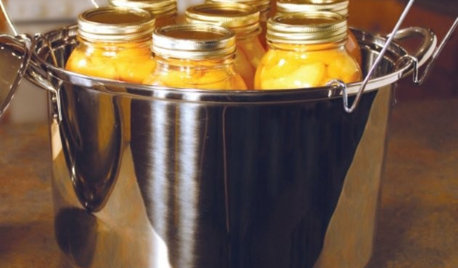
PRODUCT PICKSGuest Picks: Canning, Preserving, Steaming, Dehydrating
20 products to help make fall produce last through the season and beyond
Full Story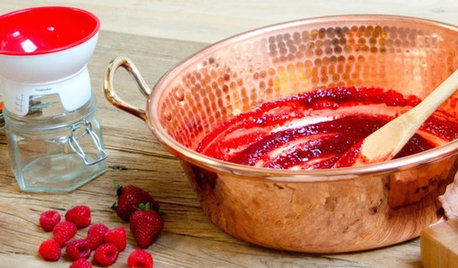
SHOP HOUZZHouzz Products: Save a Taste of Summer
Can't bear to part with the flavors of summer peaches, berries and tomatoes? Then jam on it!
Full Story
FEEL-GOOD HOMESimple Pleasures: Make Do and Mend
Experience the satisfaction of fixing, repurposing and creating things yourself around the home
Full Story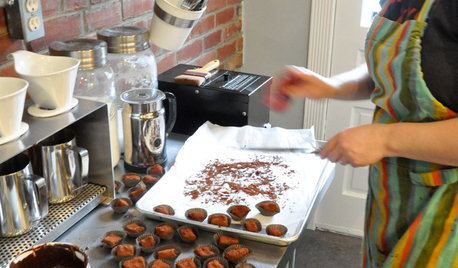
KITCHEN DESIGNLove to Cook? We Want to See Your Kitchen
Houzz Call: Show us a photo of your great home kitchen and tell us how you’ve made it work for you
Full Story
TASTEMAKERSPro Chefs Dish on Kitchens: Michael Symon Shares His Tastes
What does an Iron Chef go for in kitchen layout, appliances and lighting? Find out here
Full Story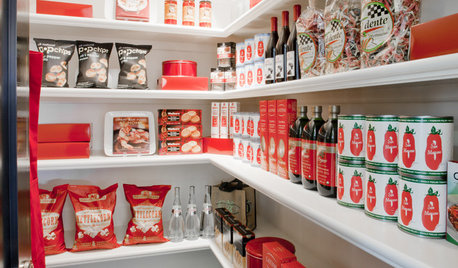
KITCHEN STORAGEGet It Done: How to Clean Out the Pantry
Crumbs, dust bunnies and old cocoa, beware — your pantry time is up
Full Story
HEALTHY HOME12 Ways to Set Up Your Kitchen for Healthy Eating
Making smart food choices is easier when your kitchen is part of your support team
Full Story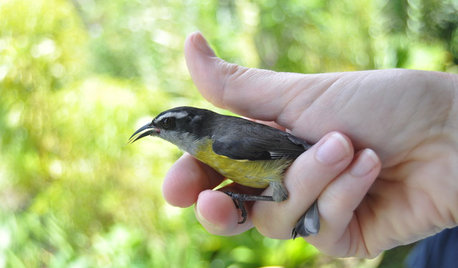
GARDENING FOR BUTTERFLIESBring on the Birds: Natural Habitat Ideas for Gardens of All Sizes
Provide nesting, watering and perching spots inspired by the Costa Rican jungle and watch the birds flock on over
Full Story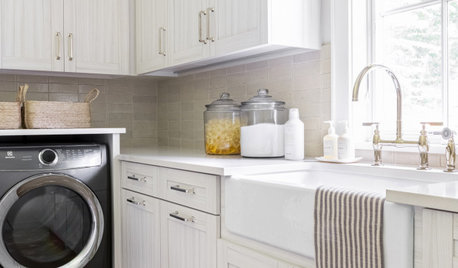
LAUNDRY ROOMS7-Day Plan: Get a Spotless, Beautifully Organized Laundry Room
Get your laundry area in shape to make washday more pleasant and convenient
Full Story
GREEN BUILDINGWorld of Design: The Joy of Moss and Its Modern Uses
This great design plant is 400 million years in the making. See how it’s inspiring art, soothing spaces and building design
Full StoryMore Discussions






readinglady
digdirt2
Related Professionals
Danbury Landscape Architects & Landscape Designers · Comstock Park Landscape Architects & Landscape Designers · Camas Landscape Architects & Landscape Designers · Alexandria Landscape Contractors · Chattanooga Landscape Contractors · Del Aire Landscape Contractors · Fair Oaks Landscape Contractors · Federal Way Landscape Contractors · Gallatin Landscape Contractors · St. Louis Landscape Contractors · West Allis Landscape Contractors · Orlando Roofing & Gutters · Barrington Driveway Installation & Maintenance · New River Driveway Installation & Maintenance · Crestwood Driveway Installation & MaintenanceLinda_Lou
annie1992
rdback
digdirt2
readinglady
rdback
readinglady
Linda_Lou
KlippenwaldOriginal Author
digdirt2
KlippenwaldOriginal Author
digdirt2